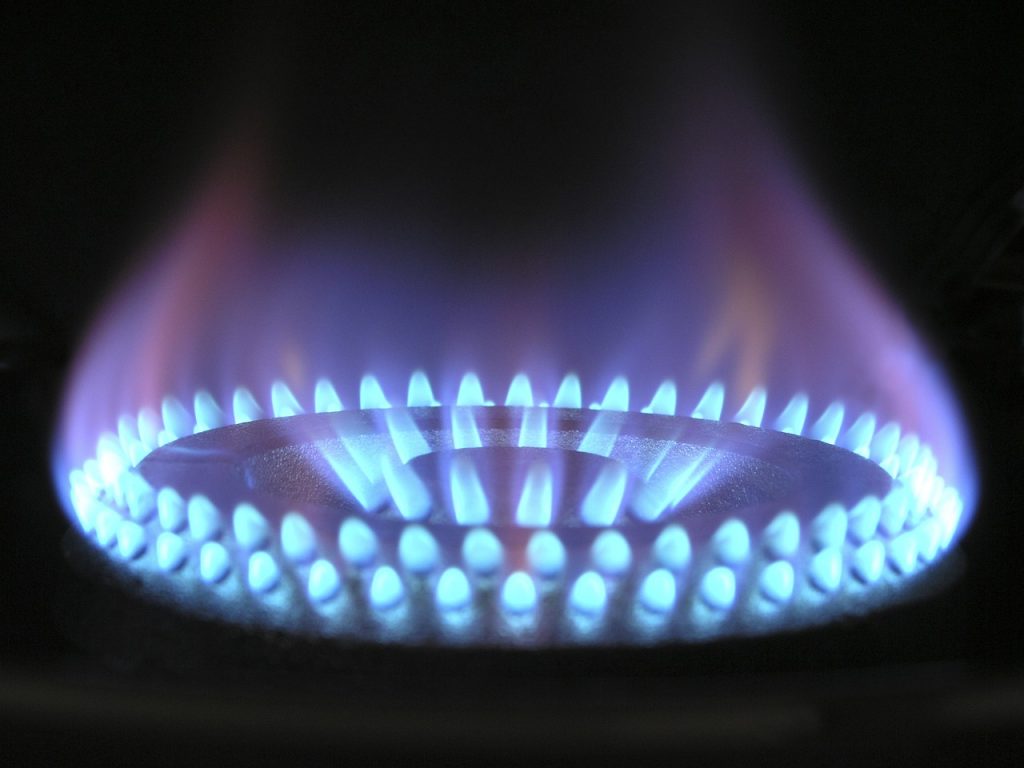Rising concerns over a potential strike at an Australian liquefied natural gas (LNG) plant have spurred a surge in wholesale gas prices across Europe. The Offshore Alliance union has issued a warning that a strike at the North West Shelf facility in Australia could commence as early as September 2 if salary negotiations remain unresolved.
Benchmark gas prices for both the European Union (EU) and the United Kingdom (UK) experienced an approximate 10% increase on Monday, according to data reported by Bloomberg. This uptick follows a period of declining prices after Russia’s military intervention in Ukraine.
Apprehensions have arisen due to the potential disruption in LNG shipments from Woodside Energy Group’s North West Shelf facility, a significant global supplier of LNG. Moreover, strike action at other key offshore LNG plants, such as Chevron-owned Gorgon and Wheatstone facilities, is currently being assessed through voting processes, with results expected to be disclosed on Thursday.
Collectively, these three facilities account for approximately 10% of the world’s total LNG supply. Analyst Ben McWilliams, affiliated with the think tank Bruegel, highlighted the potential ramifications of these strikes on global LNG prices. McWilliams cautioned that if Australian gas deliveries to Asia were curtailed by strikes, Asian consumers might shift their attention to alternative sources, potentially affecting European buyers and triggering a ripple effect on pricing dynamics.
Since the commencement of the conflict in Ukraine, Russia has reduced its natural gas exports to Europe, prompting countries to seek alternate energy sources. Amidst this backdrop, many nations have turned to LNG to bridge the energy gap. Notably, Australia ranks among the globe’s largest LNG exporters, sharing this distinction with Qatar and the United States.
In recent projections, Cornwall Insight anticipated that the uncertainty stemming from potential Australian strikes could contribute to a substantial rise in the Ofgem price cap in January. The forecast suggests a potential cap of £2,082.56 for the typical annual household energy bill during the first quarter of 2024, reflecting an increase from the previously estimated £1,925.71 for the fourth quarter of 2023.
